
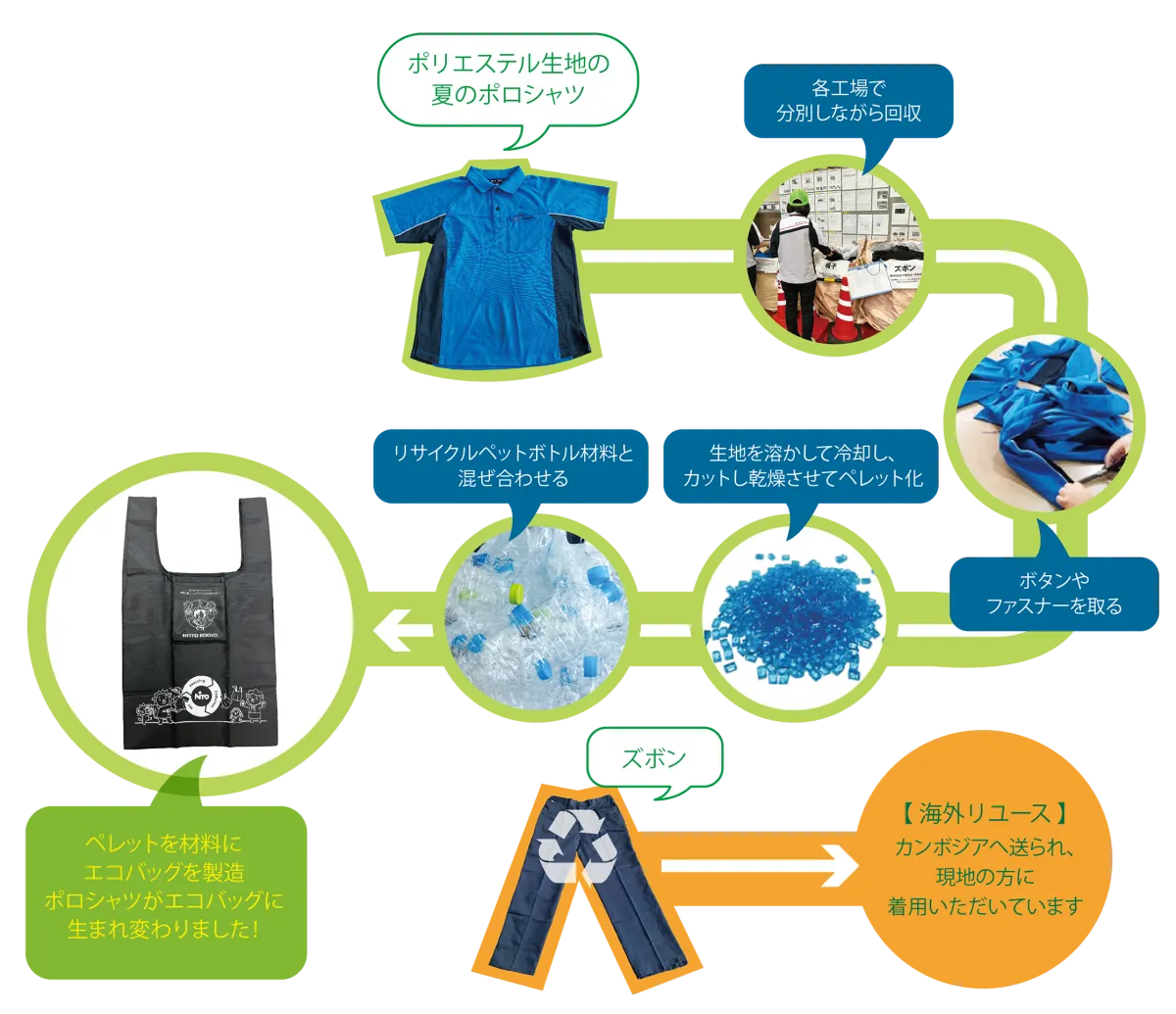
The Innovative Circular Economy Initiative Utilizing Old Uniforms in Aichi Prefecture
Transforming Old Uniforms into Sustainable Products
In a significant stride towards sustainability, the Aichi Circular Economy promotion project has garnered attention through its collaborative efforts in recycling old uniforms. The project, part of a broader initiative by Aichi Prefecture, involves key players such as BPLab, Nitto Koiki, and Sun Uniform. Together, they have pioneered a circular economy approach that highlights the potential of previously discarded resources.
The Initiative Overview
BPLab, headquartered in Minato, Tokyo, has joined forces with Nitto Koiki and Sun Uniform to create a sustainable supply chain using surplus uniforms. With Nitto Koiki providing the old uniforms slated for disposal after their renewal, Sun Uniform manages the overall project, suggesting innovative ideas for new products. BPLab takes on the crucial role of transforming these discarded uniforms into regenerated materials suitable for use in eco-friendly products.
This initiative specifically addresses polyester uniforms, converting polo shirts into tote bags and jackets into custom fabric bags. Through this process, the partner companies aim to not only repurpose materials but also to minimize waste, highlighting the importance of a circular economy.
The BIOLOGIC LOOP Platform
BPLab operates a pioneering platform known as BIOLOGIC LOOP, which serves as a circular infrastructure for repurposing used textiles. By integrating this platform into their operations, the companies involved have the opportunity to create a sustainable method for recycling uniforms.
The platform facilitates the collection and recycling of corporate uniforms, contributing towards a more sustainable society and making a direct impact on waste reduction.
Future Aspirations and Partnerships
Looking ahead, BPLab and its partners emphasize their commitment to collaborating with more businesses and organizations eager to advocate for a circular economy. Their goal is to broaden participation opportunities for individuals and companies in resource circulation, promoting sustainable practices across various industries.
By encouraging companies to rethink their practices around waste and resource management, they are setting a precedent for future initiatives in Aichi and beyond.
This initiative does not simply focus on recycling; it seeks to redefine value propositions associated with uniform disposal. By transforming waste into unique, usable products, they are redefining the lifecycle of materials traditionally viewed as disposable.
Conclusion
The success of Aichi's circular economy promotion project lies in its collaborative nature and innovative approach to traditional waste. As more stakeholders become involved, the project promises to inspire a broader movement towards sustainability.
This initiative illustrates how local businesses can lead the charge in addressing global environmental issues, one uniform at a time, fostering a community dedicated to sustainability. As awareness grows and participation increases, Aichi is poised to become a leader in the circular economy championed by the combined efforts of BPLab, Nitto Koiki, and Sun Uniform, reshaping the future for generations to come.
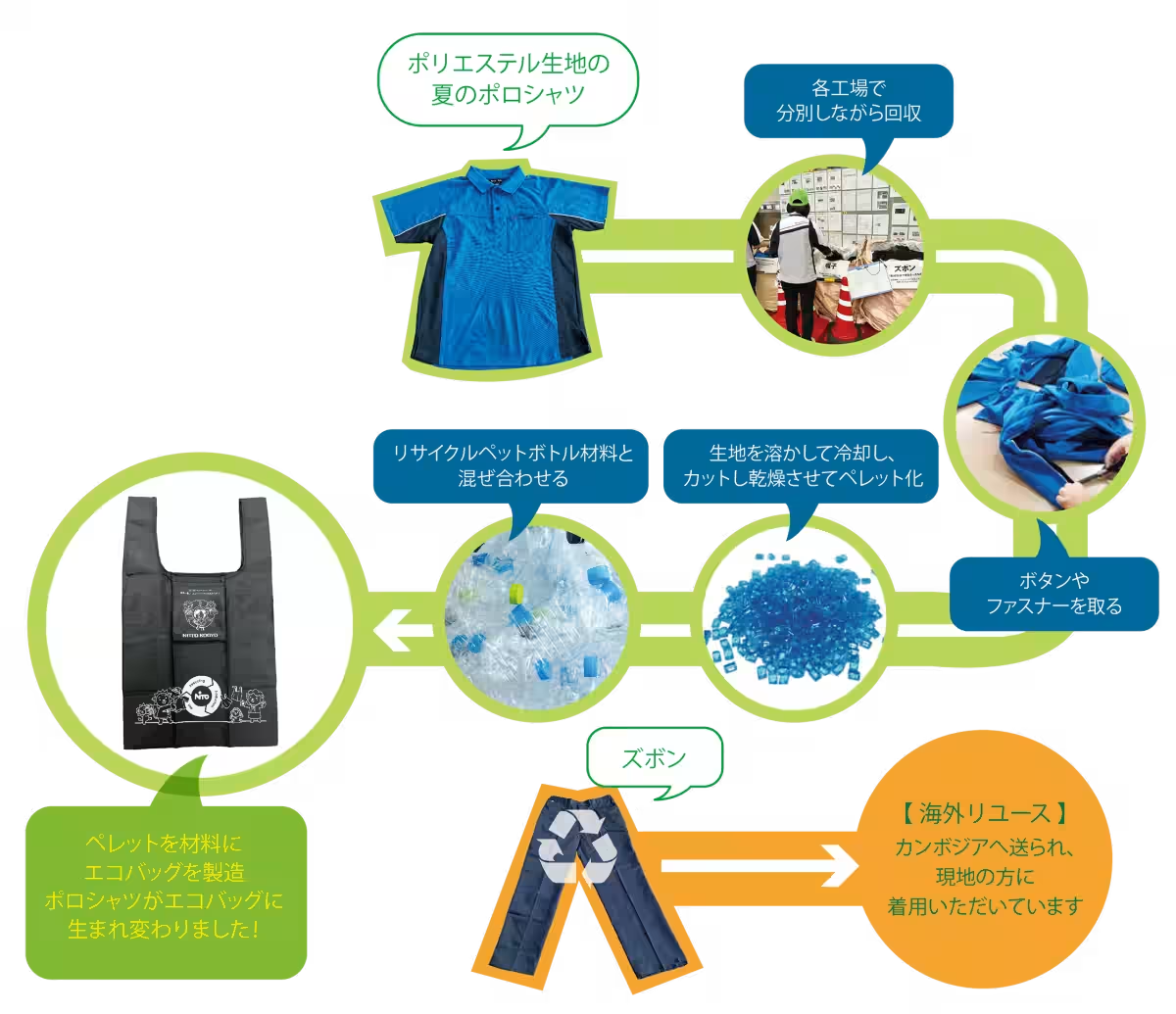
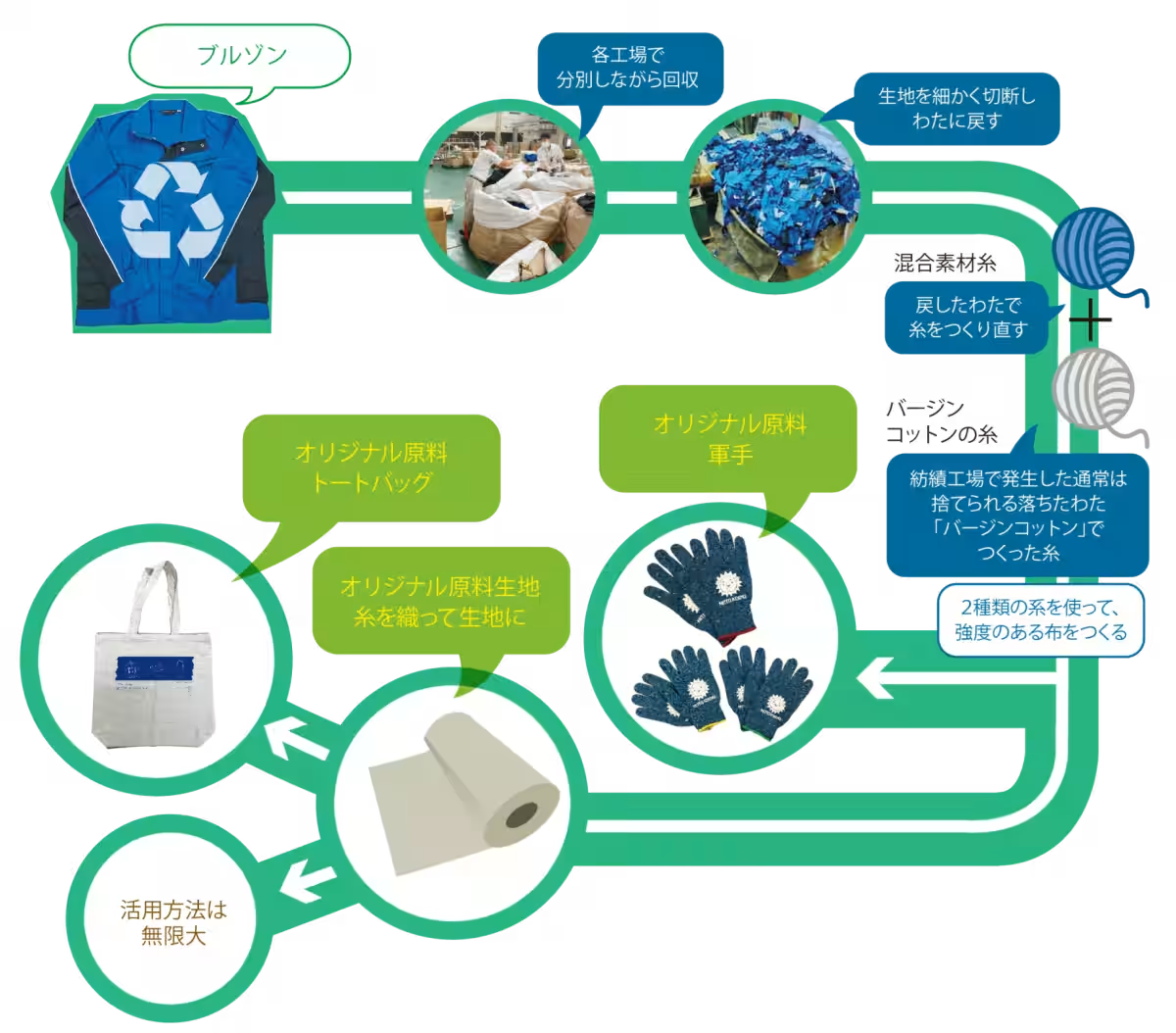
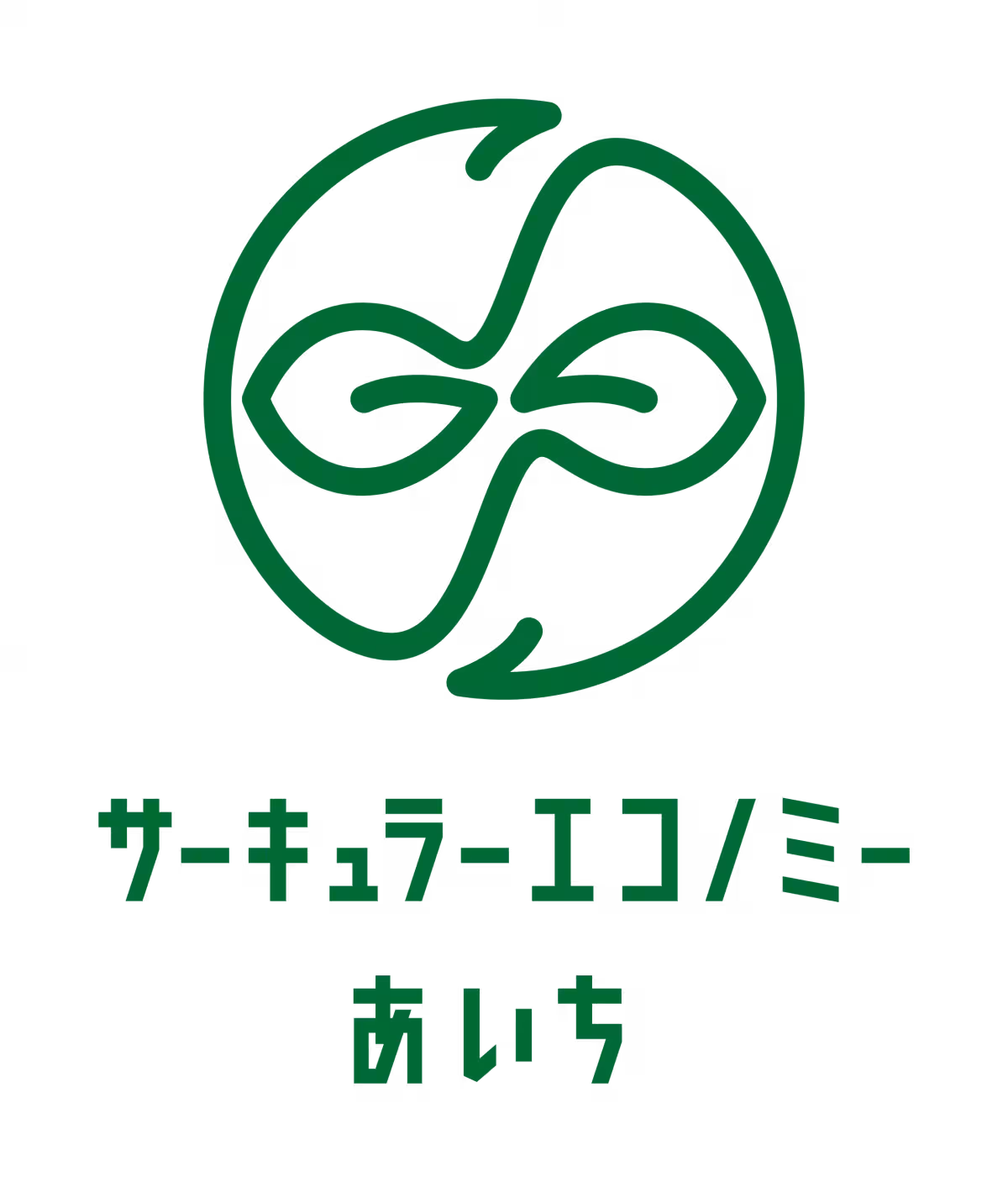
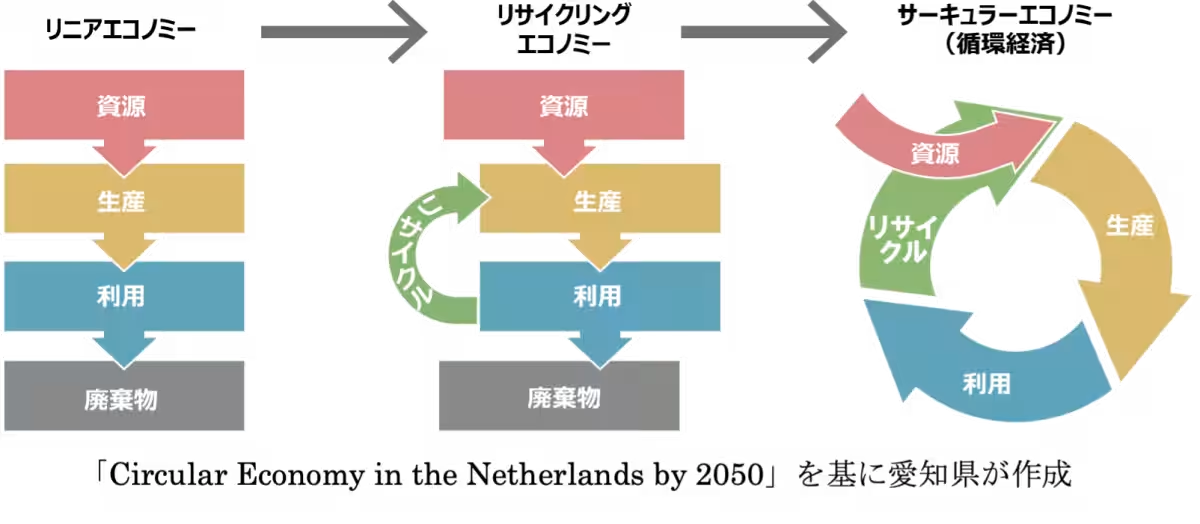
Topics Environment)










【About Using Articles】
You can freely use the title and article content by linking to the page where the article is posted.
※ Images cannot be used.
【About Links】
Links are free to use.